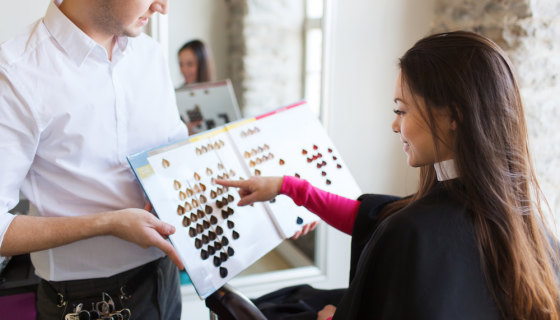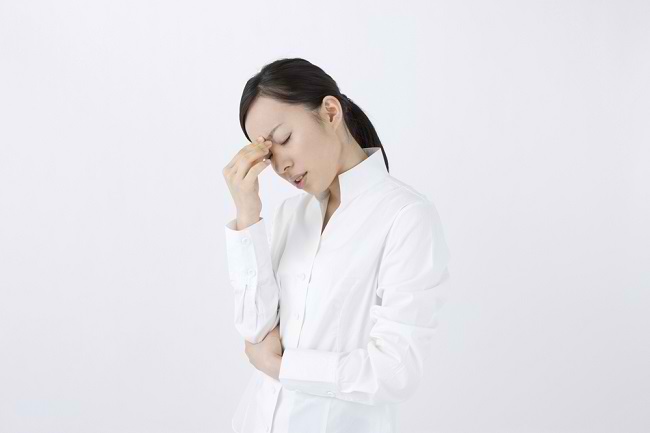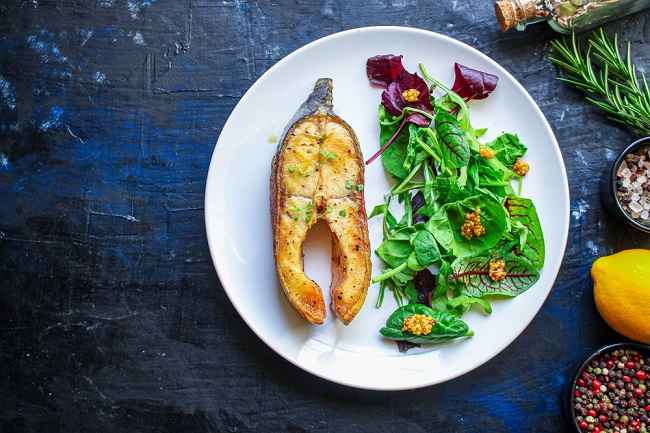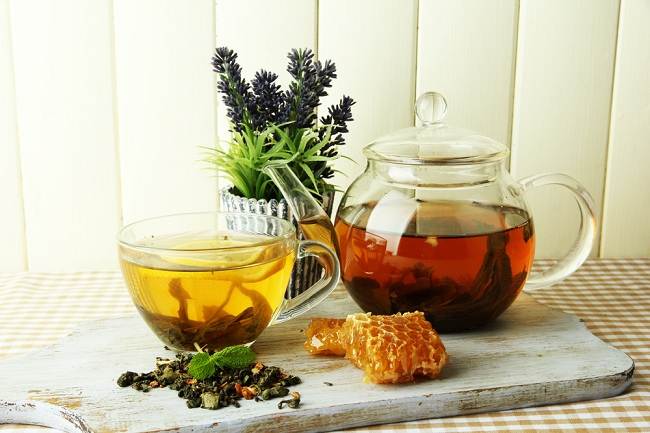For a long time, myths and facts about menstruation have circulated among women. This myth was passed down from generation to generation. Maybe you've heard the myth about the prohibition of shampooing, exercising, and swimming during menstruation. However, is it true?
Myths and facts about menstruation are already familiar to almost every woman's ears. This information is often passed down from generation to generation from parents, or by word of mouth among relatives and friends. Not a few women who believe in this myth. In fact, not all the myths surrounding menstruation are true.

Myths and Facts About Menstruation
Here are some myths about menstruation and the facts:
1. You can't wash your hair
The first myth about menstruation is that women are forbidden to wash their hair during menstruation because it can clog blood vessels and is dangerous for health. This myth is not true. In fact, there are no studies that prove that shampooing during menstruation is harmful to health.
Instead, shampooing with warm water can relax the body's muscles and relieve headaches that some women often experience during menstruation. These headaches usually appear in the first days of each month due to a decrease in the hormone estrogen or the release of the hormone prostaglandin.
2. Prohibition of swimming during menstruation
The next myth is the prohibition of swimming for women who are menstruating because it is feared that menstrual blood will pollute the pool water.
In fact, women can still swim safely and comfortably without having to pollute the pool water during menstruation. The use of regular sanitary napkins is not recommended because it is not able to absorb blood from the vagina when exposed to water. However, you can use tampons and menstrual cup when it comes to swimming.
3. Don't exercise
The prohibition of exercise during menstruation is also a common myth heard by women. This turned out to be just a myth. In fact, light exercise can relieve abdominal pain or cramps that women usually experience during menstruation.
During menstruation, it's good if you vary light exercise. There are several light exercises that can be an option when you are menstruating, including yoga, pilates, and a relaxing walk at home.
4. Can't drink cold water during menstruation
The myth surrounding the next period is the prohibition of drinking cold water because it can make menstrual blood clot or the menstrual cycle becomes irregular. In fact, there is no link between drinking cold water and menstrual cycles or menstrual blood.
Drinking lots of water, both cold and hot, is really needed to avoid dehydration during menstruation. Drinking water is also recommended because it can relieve headaches that generally appear during menstruation.
5. Cucumber consumption makes menstruation last longer
Consuming cucumber can inhibit menstrual bleeding. This is just a myth. In fact, a person's menstrual cycle is influenced by changes in levels of the hormones estrogen and progesterone, not because of the influence of food.
Cucumber actually contains a lot of water that the body needs to avoid dehydration during menstruation.
6. Consumption of soft drinks makes menstruation smoother
Contrary to the myth of eating cucumbers, consuming soft drinks is actually said to facilitate menstruation. This has yet to be proven true. However, you should avoid consuming soft drinks during menstruation.
Soft drinks contain high amounts of sugar and caffeine. Excess sugar consumption can make your mood during menstruation worse. In addition, excessive caffeine consumption can cause digestive problems during menstruation, such as diarrhea and flatulence.
There are many more myths and facts about menstruation circulating in the community. However, before believing it outright, it's a good idea to confirm the truth of the myth by seeking accurate information or asking a doctor.
The thing to remember, in order to stay healthy and comfortable during menstruation, you are advised to maintain body hygiene, eat nutritious food, and exercise regularly so that the body remains healthy during menstruation.
If you are still unsure about the myths and facts about menstruation, you can consult a doctor for further explanation.









